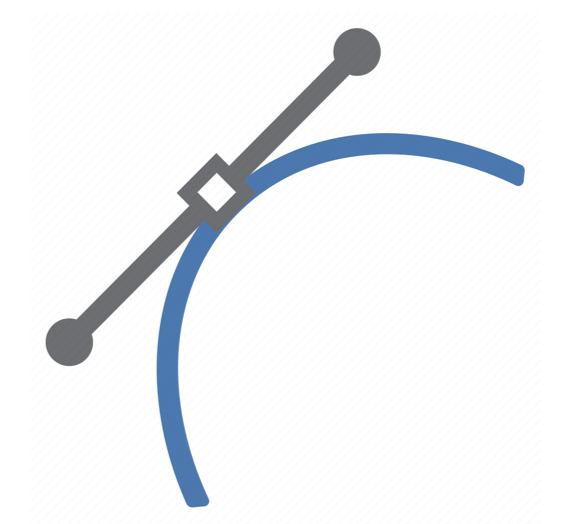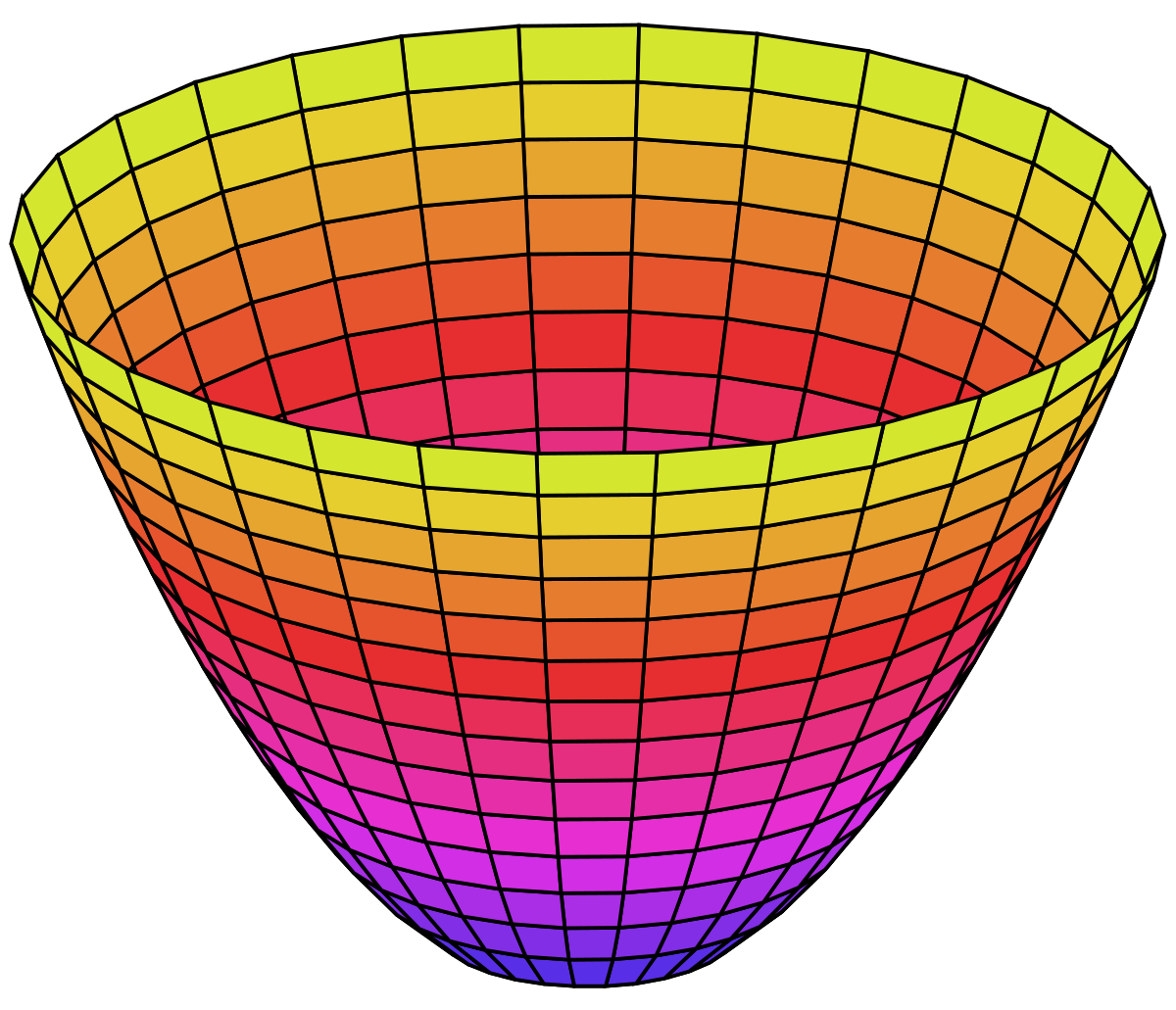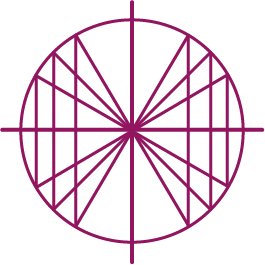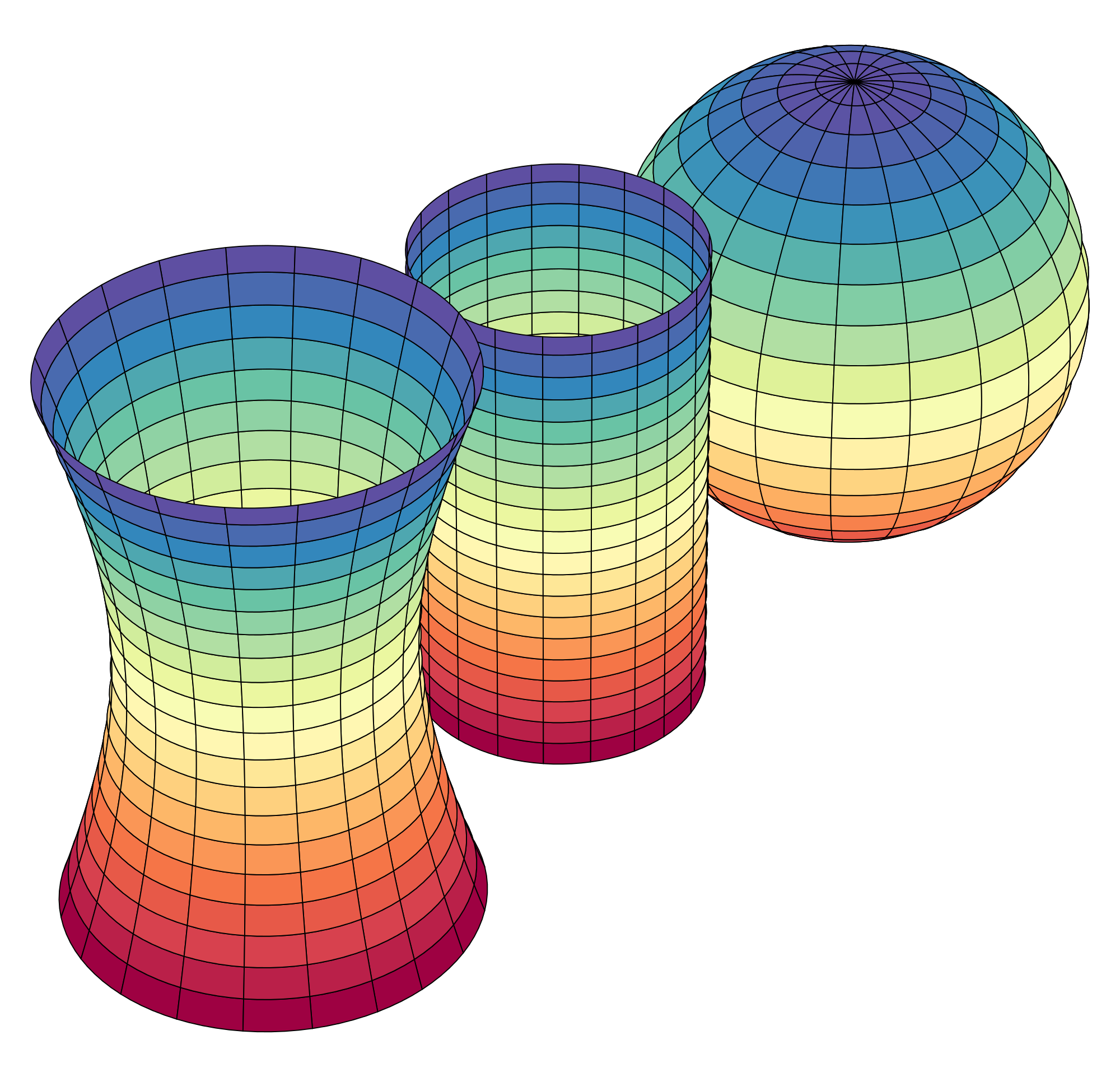Online Elementary Linear Matrix Algebra Course - Distance Calculus
What is the difference between "Linear Algebra" and "Elementary Linear Algebra"? Freshman Math Courses
Freshman Math Courses
- Applied Calculus for Business [3 credits] [3CR]
- Applied Calculus for Life Science [3 credits] [3CR]
- Calculus I[4 credits] [4CR]
- Calculus II[4 credits] [4CR]
 Sophomore Math Courses
Sophomore Math Courses
- Multivariable Calculus III [4 credits] [4CR]
- Differential Equations [3 credits] [3CR]
- Linear Algebra [4 credits] [4CR]
- Probability Theory [3 credits] [3CR]
 Honors Math Courses
Honors Math Courses
- Honors Calculus I [5 credits] [5CR]
- Honors Calculus II [5 credits] [5CR]
- Honors Calculus I+II for Data Science [5 credits] [5CR]
- Honors Multivariable Calculus [5 credits] [5CR]
- Honors Differential Equations [4 credits] [4CR]
- Honors Linear Algebra [5 credits] [5CR]
- Honors Linear Algebra for Data Science [5 credits] [5CR]
 Lower Division Math Courses
Lower Division Math Courses
- Precalculus with Trigonometry [4 credits] [4CR]
- Introductory Statistics [4 credits] [4CR]
- Finite Mathematics [3 credits] [3CR]
- Discrete Mathematics [4 credits] [4CR]
 Upper Division Math Courses
Upper Division Math Courses
- Computational Abstract Algebra [4 credits] [4CR]
- Computational Differential Geometry [4 credits] [4CR]
There are more advanced Linear Algebra courses available, usually taken by math and computer science students, which are sometimes called Advanced Linear Algebra, or Computational Linear Algebra. These are courses that jump into the math theory of Linear Algebra, and usuall require a student have had a course in group theory or abstract algebra.
Most students looking for a Linear Algebra course are looing for "Elementary Linear Algebra".
What is the difference in a taking a textbook/lecture based course on linear algebra vs Distance Calculus Linear Algebra?
There are huge differences between our Linear Algebra course, which is Mathematica-based, and a traditional textbook/lecture course.
Our Mathematica-based course is highly experimentation-based - running experiments graphically, numerically, algebraically, to get at the concepts of linear algebra as you would in a chemistry or physics lab.
Traditional Linear Algebra courses usually center on doing small calculations you can do by hand, and then concentrating on abstract concepts of linear algebra, avoiding difficult calculations in favor of ... sometimes proofs, sometimes just calculations that can be completed by humans on paper.
Our Distance Calculus DMAT 311 - Linear Algebra course is perfect for students who might be interested in a "Computational Linear Algebra" course, although that course title is usually reserved for courses where the students are actually trying to learn how to program software like Mathematica or manual programs to do the computations. Those courses are more about numerical analysis, as they assume you already completed an Elementary Linear Algebra course before.
Here is a video about our DMAT 311 - Linear Algebra course via Distance Calculus @ Roger Williams University:
DMAT 311 - Linear Algebra Course
Multivariable Calculus & High School
After AP Calculus for High School Students
Online Linear Matrix Algebra course can best be described as a "first course in the study of elementary Linear Algebra and Matrix Theory".
This course has many names, all being equivalent:
- Linear Algebra
- Matrix Theory
- Linear Systems of Equations
- Linear Spaces
- Elementary Linear Algebra
- Computational Linear Algebra
Distance Linear Algebra via Distance Calculus is a COMPLETELY DIFFERENT course from a traditional textbook/lecture classroom course.
Distance Linear Algebra is taught via an experimentation-based curriculum using Mathematica, earning real academic credits through Roger Williams University in Providence, Rhode Island, USA.
Distance Linear Algebra is similar to a Computational Linear Algebra course in some ways, but not exactly the same. A Computational Linear Algebra course will look at developing the computational engines that attack the structures of linear algebra; our Distance Linear Algebra simply uses those computational softwares like Mathematica as a laboratory tool, to unlock the concepts and theorems at work in Linear Algebra from a very graphical, geometric, and inquisitive approach.
In contrast, many classroom/textbook Linear Algebra courses are taught mainly the same way they were taught 100 years ago - the small breadbasket of calculations you can complete by hand on paper, and where the theory of linear algebra leads you. As such, the calculations you can complete youself are quite limited, although proponents of this approach feel you "really know linear algebra" because you have to do the (often hard and tedious) computing yourself by hand.
We invite you to investigate the Distance Linear Algebra course via Distance Calculus either via the menu to the left, or the additional links below.
At Distance Calculus, we call our "Online Linear Matrix Algebra" course as Linear Algebra - DMAT 335 - 3 credits.
Below are some links for further information about the Online Linear Matrix Algebra course via Distance Calculus @ Roger Williams University.
 Freshman Math Courses
Freshman Math Courses
- Applied Calculus for Business [3 credits] [3CR]
- Applied Calculus for Life Science [3 credits] [3CR]
- Calculus I[4 credits] [4CR]
- Calculus II[4 credits] [4CR]
 Sophomore Math Courses
Sophomore Math Courses
- Multivariable Calculus III [4 credits] [4CR]
- Differential Equations [3 credits] [3CR]
- Linear Algebra [4 credits] [4CR]
- Probability Theory [3 credits] [3CR]
 Honors Math Courses
Honors Math Courses
- Honors Calculus I [5 credits] [5CR]
- Honors Calculus II [5 credits] [5CR]
- Honors Calculus I+II for Data Science [5 credits] [5CR]
- Honors Multivariable Calculus [5 credits] [5CR]
- Honors Differential Equations [4 credits] [4CR]
- Honors Linear Algebra [5 credits] [5CR]
- Honors Linear Algebra for Data Science [5 credits] [5CR]
 Lower Division Math Courses
Lower Division Math Courses
- Precalculus with Trigonometry [4 credits] [4CR]
- Introductory Statistics [4 credits] [4CR]
- Finite Mathematics [3 credits] [3CR]
- Discrete Mathematics [4 credits] [4CR]
 Upper Division Math Courses
Upper Division Math Courses
- Computational Abstract Algebra [4 credits] [4CR]
- Computational Differential Geometry [4 credits] [4CR]
- Online Linear Matrix Algebra Online Course For Credit Start Today, Finish Quickly
- Online Linear Matrix Algebra Summer 2025 Online Course
- Online Linear Matrix Algebra Winter 2025 Online Course
- Online Linear Matrix Algebra Fall 2025 Online Course
- Online Linear Matrix Algebra Online Accredited
Distance Calculus - Student Reviews





Date Posted: Aug 23, 2020
Review by: Sean Metzger
Student Email: seanmetzger78@gmail.com
Courses Completed: Differential Equations
Review: A lifesaver. When I found out I needed a course done in the last weeks of summer I thought there was no way i'd find one available, but this let me complete the course as quickly as I needed to while still mastering the topics. Professor always got back to me very quickly and got my assignments back to me the next day or day of. Can't recommend this course enough for students in a hurry or who just want to learn at their own pace.
Transferred Credits to: Missouri University of Science and Technology





Date Posted: Feb 28, 2020
Review by: Karen N.
Courses Completed: Calculus I, Calculus II
Review: Awesome classes! I was really weak with Calculus, so I retook Calc 1 and kept going into Calc 2. I feel like I finally understood Calculus. The finals were pretty thorough, but not nearly as stressful as the blue book exams. I highly recommend these courses!
Transferred Credits to: Various





Date Posted: Dec 20, 2019
Review by: Bill K.
Courses Completed: Calculus I, Calculus II, Multivariable Calculus, Linear Algebra
Review: I took the whole calculus series and Linear Algebra via Distance Calculus. Dr. Curtis spent countless hours messaging back and forth with me, answering every question, no matter how trivial they might seem. Dr. Curtis is extremely responsive, especially if the student is curious and is willing to work hard. I don't think I ever waited much more than a day for Dr. Curtis to get a notebook back to me. Dr. Curtis would also make videos of concepts if I was really lost. The course materials are fantastic. If you are a student sitting on the fence, trying to decide between a normal classroom class or Distance Calculus classes with Livemath and Mathematica, my choice would be the Distance Calculus classes every time. The Distance Calculus classes are more engaging. The visual aspects of the class notebooks are awesome. You get the hand calculation skills you need. The best summary I can give is to say, given the opportunity, I would put my own son's math education in Dr. Curtis's hands.
Transferred Credits to: None
 Freshman Math Courses
Freshman Math Courses
- Applied Calculus for Business [3 credits] [3CR]
- Applied Calculus for Life Science [3 credits] [3CR]
- Calculus I[4 credits] [4CR]
- Calculus II[4 credits] [4CR]
 Sophomore Math Courses
Sophomore Math Courses
- Multivariable Calculus III [4 credits] [4CR]
- Differential Equations [3 credits] [3CR]
- Linear Algebra [4 credits] [4CR]
- Probability Theory [3 credits] [3CR]
 Honors Math Courses
Honors Math Courses
- Honors Calculus I [5 credits] [5CR]
- Honors Calculus II [5 credits] [5CR]
- Honors Calculus I+II for Data Science [5 credits] [5CR]
- Honors Multivariable Calculus [5 credits] [5CR]
- Honors Differential Equations [4 credits] [4CR]
- Honors Linear Algebra [5 credits] [5CR]
- Honors Linear Algebra for Data Science [5 credits] [5CR]
 Lower Division Math Courses
Lower Division Math Courses
- Precalculus with Trigonometry [4 credits] [4CR]
- Introductory Statistics [4 credits] [4CR]
- Finite Mathematics [3 credits] [3CR]
- Discrete Mathematics [4 credits] [4CR]
 Upper Division Math Courses
Upper Division Math Courses
- Computational Abstract Algebra [4 credits] [4CR]
- Computational Differential Geometry [4 credits] [4CR]

